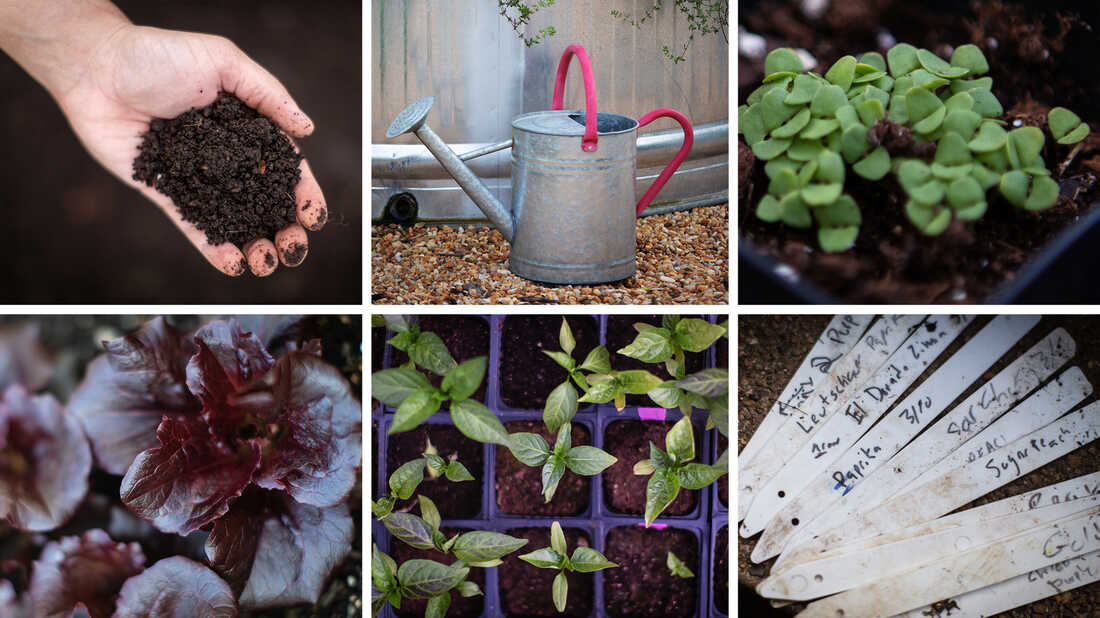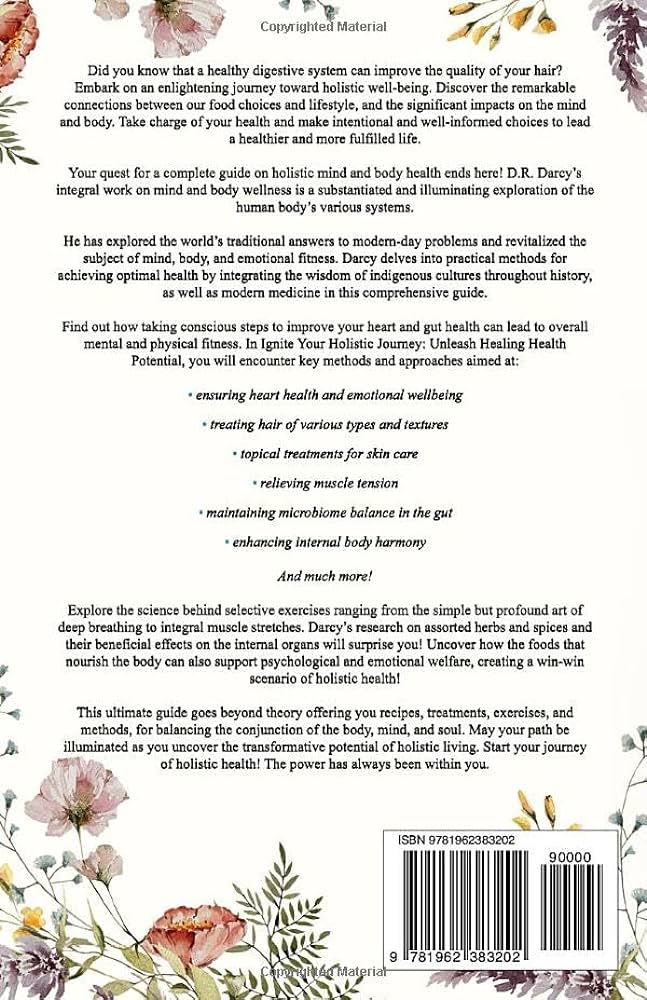Medicinal herbs have been used for centuries to promote health and wellness. With the increasing interest in natural remedies, more people are turning to these herbs for their potential healing properties. However, it’s important to know how to prepare medicinal herbs properly to maximize their benefits. In this guide, we will explore the various methods of preparing medicinal herbs for consumption.
1. Drying Medicinal Herbs
Drying is one of the oldest and most common methods of preserving medicinal herbs. It helps to concentrate the active compounds while preserving the herbs for long-term use. Here’s a simple guide to drying medicinal herbs:
- Harvest the herbs in the morning after the dew has dried but before the heat of the day
- Bundle the herbs in small bunches and hang them upside down in a well-ventilated, dry area
- Allow the herbs to dry for several days to a few weeks, depending on the herb and environmental conditions
- Once the herbs are completely dry, store them in airtight containers away from light and moisture
2. Making Herbal Infusions
Herbal infusions, or teas, are a popular way to enjoy the benefits of medicinal herbs. Here’s how to prepare a herbal infusion:
- Boil water and pour it over the dried herbs
- Cover the container and allow the herbs to steep for 10-15 minutes
- Strain the herbs and enjoy the herbal infusion
3. Creating Herbal Tinctures
Herbal tinctures are highly concentrated liquid extracts of medicinal herbs. They are made by soaking herbs in alcohol or vinegar to extract the active compounds. Here’s a basic recipe for preparing a herbal tincture:
| Ingredients | Instructions |
|---|---|
| Medicinal herbs (fresh or dried) | Fill a clean glass jar halfway with the herbs |
| Alcohol (e.g., vodka or brandy) | Pour the alcohol over the herbs, making sure they are completely covered |
| Cheesecloth or fine mesh strainer | Seal the jar tightly and store it in a cool, dark place for 4-6 weeks |
| Dark glass dropper bottles | Shake the jar daily to ensure thorough extraction of the active compounds |
| After 4-6 weeks, strain the tincture through the cheesecloth or fine mesh strainer into dark glass dropper bottles |
4. Making Herbal Salves
Herbal salves are ointments that are used topically for various skin conditions. Here’s how to prepare a herbal salve:
- Infuse dried herbs in oil for 4-6 weeks to create an herbal oil
- Strain the herbs from the oil and heat the infused oil with beeswax to create a thick salve
- Pour the salve into clean, sterilized containers and allow it to cool and solidify
- Use the herbal salve as needed for skin conditions

Credit: www.npr.org

Credit: www.amazon.com
5. Cooking with Medicinal Herbs
Many culinary herbs also have medicinal properties and can be incorporated into various dishes for added health benefits. Here are some tips for cooking with medicinal herbs:
- Use fresh or dried medicinal herbs to season soups, stews, and salads
- Add herbs like garlic, ginger, and turmeric to stir-fries and sautéed vegetables for their immune-boosting properties
- Make herbal vinegars and infused oils to use in dressings and marinades
By learning how to properly prepare medicinal herbs, you can harness their healing potential and incorporate them into your daily wellness routine. Whether you prefer teas, tinctures, salves, or culinary creations, there are countless ways to enjoy the benefits of these natural remedies.
Frequently Asked Questions On How To Prepare Medicinal Herbs: A Step-by-step Guide For Optimal Health
How Do I Prepare Medicinal Herbs At Home?
Preparing medicinal herbs at home is simple. Start by gathering fresh or dried herbs and follow a recipe or dosage instructions.
What Are The Benefits Of Using Medicinal Herbs?
Medicinal herbs have numerous benefits, such as promoting better digestion, boosting the immune system, reducing inflammation, and relieving stress and anxiety.
Which Herbs Are Commonly Used In Herbal Medicine?
Popular herbs used in herbal medicine include chamomile, lavender, peppermint, ginger, turmeric, echinacea, ginseng, and lemon balm, among others.
Can I Use Fresh Herbs Instead Of Dried Ones?
Yes, fresh herbs can be used instead of dried ones. However, keep in mind that the potency may differ, so adjust the quantity accordingly in your recipes.
